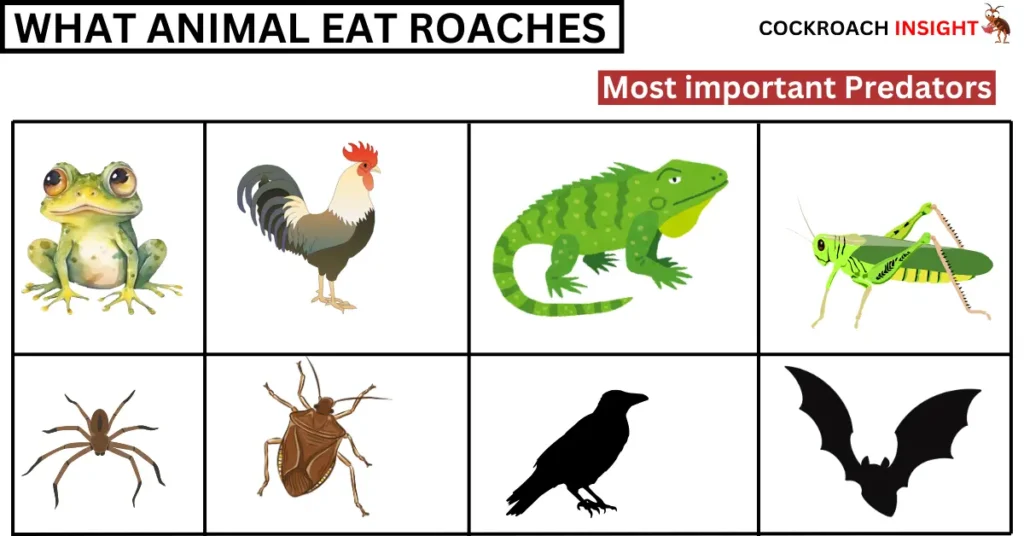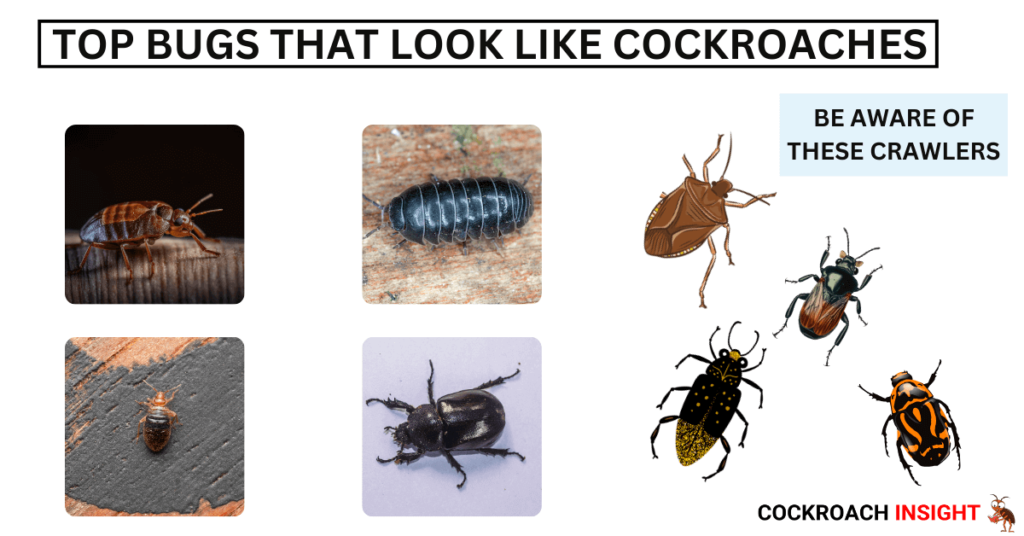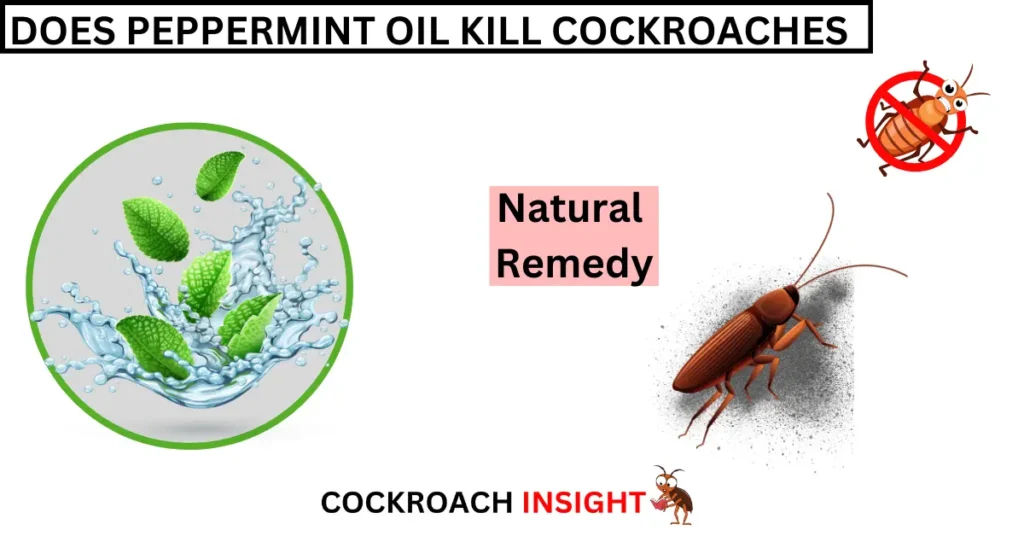When my son, Alex, came running to me one evening, crying and holding his arm. Distress was all over his eyes as he gazed at me.
Our apartment, located in a busy urban area, had been recently invaded by some unwelcomed guests, namely cockroaches.
Although I heard stories about cockroaches biting people, it never crossed my mind that someone from my family would experience it. But here we were, dealing with a cockroach bite.
The first thing to consider was the safety and health of Alex as a father, which prompted me into action. The bite caused the skin to become red and swollen and the boy kept scratching himself as he complained of an itching sensation.
It was such a moment that is full of stress especially when you learn what happens after bug bites cause infections and allergies.
After conducting preliminary research and consulting several experts, I realized the need for immediate action. I cleaned the bitten area and applied ice cubes on it to cool down the swelling;,
besides applied a non-prescription antihistamine cream to relieve itchiness. It wasn’t just about treating the bite; I needed to ensure that this wouldn’t happen again, and that my son was safe from any potential risks.
This article presents my own story and highlights the key things I learned when managing my son’s cockroach bite.
If you are in a similar situation or would like to be on the safe side then this guide will help you have an understanding of treatment for cockroach bites, signs identification and avoiding future bites.
After completing this article, you will not be afraid to deal with any incidents concerning cockroaches in your house, just like I am.
Understanding Cockroach Bites
When my son, Alex, was bitten by a cockroach, I was shocked to discover that, although uncommon, cockroach bites do happen. Typically, people ask, “Do cockroaches bite?” and the answer is yes, though it’s rare.
Cockroaches are not usually identified with human biting, but when their food sources are scarce or they feel threatened, they might bite more, especially at night.
The cockroach bite mark on my son’s arm was a small red bump, which was slightly bigger than mosquito bites, and it caused extreme discomfort to him.
Symptoms include redness, swelling, and severe itching, all of which are common features of roach bites on humans.
These bites can be of another insect, such as those from bedbugs or fleas, making them difficult to identify. However, understanding what do cockroach bites look like is crucial for proper treatment.
In case you suspect you have been bitten by a cockroach, it is important to take immediate action to avoid further issues and address any potential health concerns that may arise.
You may find more details on keeping your home roach free from this comprehensive guide here.
Immediate Treatment for Cockroach Bites
When my son, Alex, was bitten by a cockroach, my first priority was to ensure that he received immediate and proper treatment.
The first thing was to carefully clean the bitten part with soapy water in order to avoid probable infections.
Furthermore, I also applied cold compresses on the affected part immediately after cleaning it, which helped relieve Alex’s swelling and discomfort.
Cold compresses work by reducing inflammation and numbing the area a little, providing immediate relief from itchiness and pain associated with roaches biting humans.
A readily available antihistamine cream bought over the counter was next applied after the cold compress to decrease itching further.
This is important because it stops a child from scratching this bite, preventing more irritations or even infections. Alternatively, you can use a paste made from baking soda and mix it with water as a natural remedy for itching.
This home remedy cure for treatment of cockroach bite is simple to make yet provides instant relief when required.
There are instances where the bite swells more or displays signs of infection such as increased redness or pus, it is important to visit doctor immediately.
However, cockroach bites may lead to complications, especially if you have a weak immune system or sensitive skin.
More than one bite, with recurring problems, might be indicative of a bigger infestation, so the need to have your home free from roaches. You can explore effective pest control methods and tips to keep your home safe here.
I researched different natural remedies that could help reduce pain and facilitate speedy healing.
From among the many natural remedies, which proved very useful in treating my boy’s injury was applying a paste made baking soda mixed with water directly to the bite.
It reduced itching and swelling almost at once. The alkaline properties of sodium bicarbonate help in neutralizing acidic toxins released by cockroach bites thus giving relief as well as preventing further irritation.
This method is an excellent option for cockroach bite treatment at home.
Lemon juice is another natural remedy that I found very effective. Lemon itself is an antiseptic that can help to cleanse the bite area and prevent secondary infection.
However, when lemon juice was applied to it, a reduction in both redness and swelling could be noticed. Just be careful with lemon juice, as it can sting, especially if there are open cuts or sores.
Another thing to note is that aloe vera gel also helped a lot when applied to the bitten spot.
Aloe vera is widely renowned for its calming and anti-inflammatory effects, making it a great choice for treating cockroach bite marks.
Furthermore, it has a soothing effect on the itchiness, besides fastening the skin healing process.
All in all, combining these home remedies will result in quick relief from the symptoms of bites.
However, it’s important to monitor the bite closely, especially in children, to ensure that it doesn’t worsen or become infected. If symptoms persist, it’s always a good idea to consult a doctor.
A clean environment and repellents made from natural ingredients can also help you to protect your home further and prevent future bites. For more tips on keeping cockroaches at bay, check out this detailed guide here.
When to Seek Medical Attention
Most cockroach bites can be taken care of at home using herbs and over-the-counter solutions, but there are times when one should go to the hospital.
I have come across such a scenario with my son where even though the initial symptoms were mild, it was important to watch the bite for any signs it was getting worse.
If the cockroach bite mark turns redder, more swollen or starts discharging pus, this could mean that there is an infection that will need professional attention.
In such instances, administering antibiotics by a health expert would stop the spread of infection.
On top of this, if, after being bitten, someone exhibits fever or severe pain or has an allergic reaction characterized by difficulty in breathing and swelling outside of the affected area, then he/she should urgently seek medical attention.
Duration of symptoms is another critical factor to consider. Usually, with proper home care, the irritation and itching from a roach bite should begin to decrease in a few days.
However, if they continue for more than one week or aggravate at all, it means that there could be some problems, then a medical doctor should be sought.
It is advisable that medical attention is sought early by those who have weak immunities, such as young children, the elderly, and people with ongoing illnesses.
Even though cockroach bites are rarely threatening, one can never be too cautious, especially if you have any doubts about the look of the wound or how the individual has responded to it.
Additionally, considering professional pest control services will help you prevent future occurrences and keep your home safe.
This is particularly crucial if you suspect a larger infestation. To find out more about how you can prepare your house for successful cockroach eradication, read this informative article here.
Preventing Future Cockroach Bites
Cleaning up the Surroundings
Seeing my son being bitten by a cockroach, I wouldn’t want such an event to reoccur ever in my life again.
The first step one can take in preventing future cockroach bites is to maintain a clean environment.
Cockroaches are attracted to leftovers, spilled food, and clutter; it is thus vital for one to keep one’s house clean.
Regularly wipe surfaces in your kitchen, store food in sealed containers, and always ensure that trash is taken out on time.
This will help minimize the chances of cockroaches looking for food inside your home, eventually reducing bites.
Shutting entry points
Another effective way is by sealing entry points. Cockroaches make their way into houses through small cracks and openings within walls, floors and along windows.
To prevent these insects from entering living spaces through this route, you need to plug these holes. As well as that, weather stripping doors and windows helps in keeping them away from homes.
You can learn more about the surprising hiding places of cockroaches and how to seal them off here.
Use natural repellents
For those who prefer natural solutions, scents like peppermint oil can act as a barrier to cockroaches. These pests are known to dislike the smell of peppermint, making it a useful tool in keeping them at bay.
You can learn more about the effectiveness of peppermint oil here as a cockroach repellent.
Consider professional pest control
Lastly, if you have a big infestation, think about stronger measures such as professional fumigation or using ‘roach’ specific baits and traps.
This is because your home will be well treated and thus not only how to get rid of cockroach bites but also prevent future ones from occurring. . For comprehensive guidance on preparing your home for professional pest control, you can read more here.
All these steps help reduce the risk of cockroach bites and make the environment safer for your family. By being proactive, you protect your loved ones from pain and the health hazards that come with these animals.
FAQS
What to do if a cockroach bites you?
When bitten by roaches, first clean the area thoroughly with soap and water to avoid infection, then place a cold compress on it to reduce swelling. An OTC antihistamine cream can take away the itching, while if there are signs of infection, such as increased redness or pus, you need immediate medical attention.
How long do cockroach bites last?
The cockroach bite signs like redness, swelling, and itchiness can usually take a few days to go away if treated properly. However, if they last more than a week or worsen, it is important to visit the doctor.
Are cockroach bites harmful?
In most cases, cockroach bites are not dangerous, but there is a risk of infection if they are not treated appropriately. A person may need medical treatment for severe allergies that rarely happen.
Can I put ice on a cockroach bite?
Yes, applying ice or cold compresses on [cockroach bites] will help reduce swelling and numb the area, thereby relieving any pain and itching. After cleaning the bite site, this should be one of the first actions you take.
What is the best ointment for cockroach bites?
Over-the-counter antihistamine creams have been shown to relieve itching and discomfort associated with cockroach bites. In some cases, hydrocortisone cream may be recommended in order to decrease inflammation.
Conclusion
It could be an unsettling experience to handle cockroach bite, and it can be worse if it happens to someone in your family as it did with my son.
With the right information and quick response, you can control the symptoms effectively and prevent further problems.
From understanding what do cockroach bites look like to knowing how to treat cockroach bites at home, the steps you take can make all the difference in ensuring a quick recovery.
Keep in mind that even though they are not very common, roach bites on humans do occur, and readiness is essential.
In case you ever find yourself being caught up in such a situation, start by thoroughly cleaning that bite area followed by applying cold compresses for swelling reduction.
Some of these natural remedies include using baking soda or lemon juice which have been proven highly effective when it comes to managing cockroach bite treatment at home.
Otherwise, seek medical attention for more serious cases or when an infection occurs due to this bite so as to avoid any complications.
As important as treatment is, prevention should be considered. The risk of future bites can be alleviated by maintaining cleanliness at home, sealing entry points, and using natural repellents.
Professional pest control measures may also be required for larger infestations to ensure the safety of your home.
In order to know how to get rid of cockroach bites better and never experience them again, it is important that one stays up to date with information and takes action proactively.
Such a step will safeguard the health of everyone in your family as well as guarantee that you live in a cockroach-free zone.







